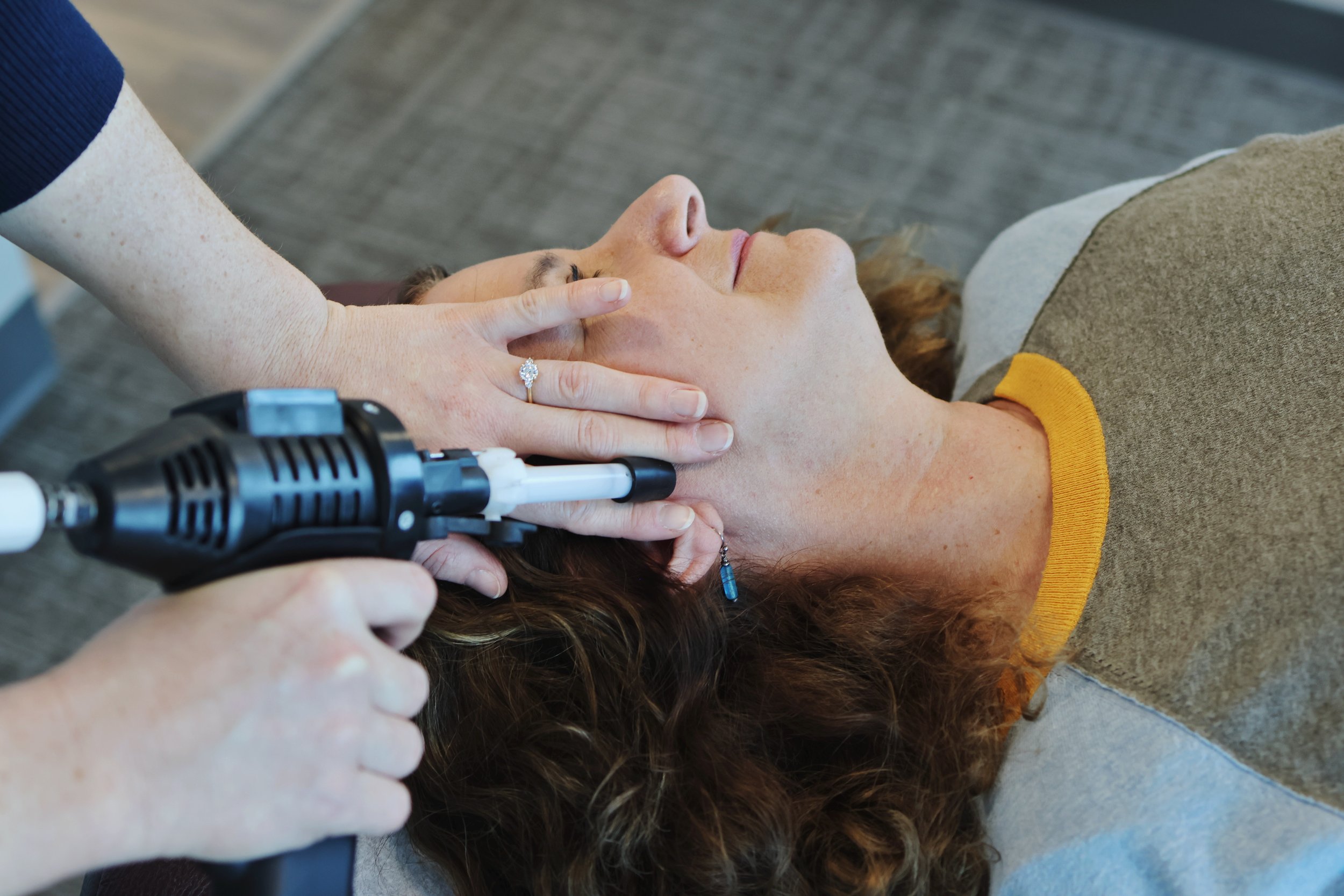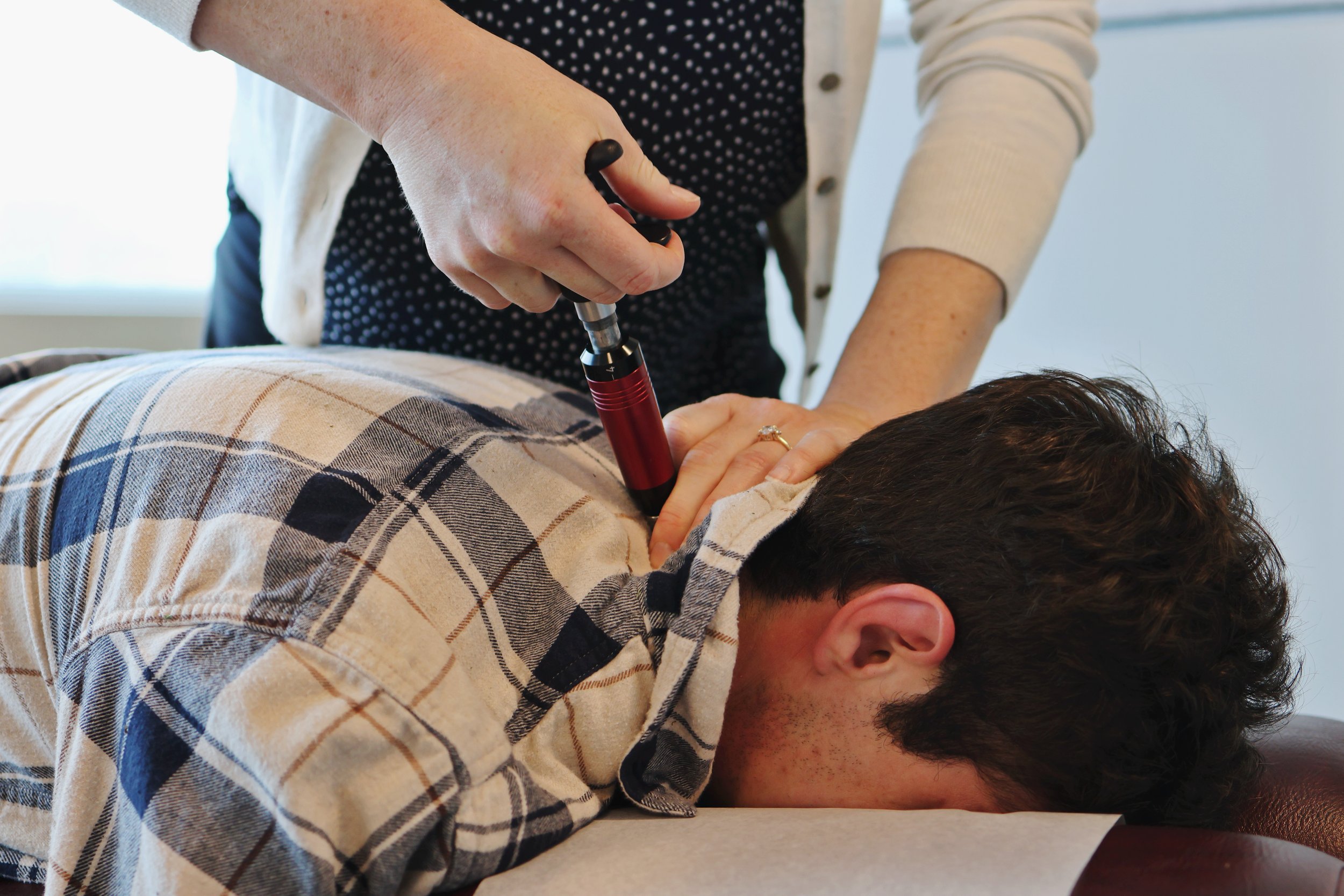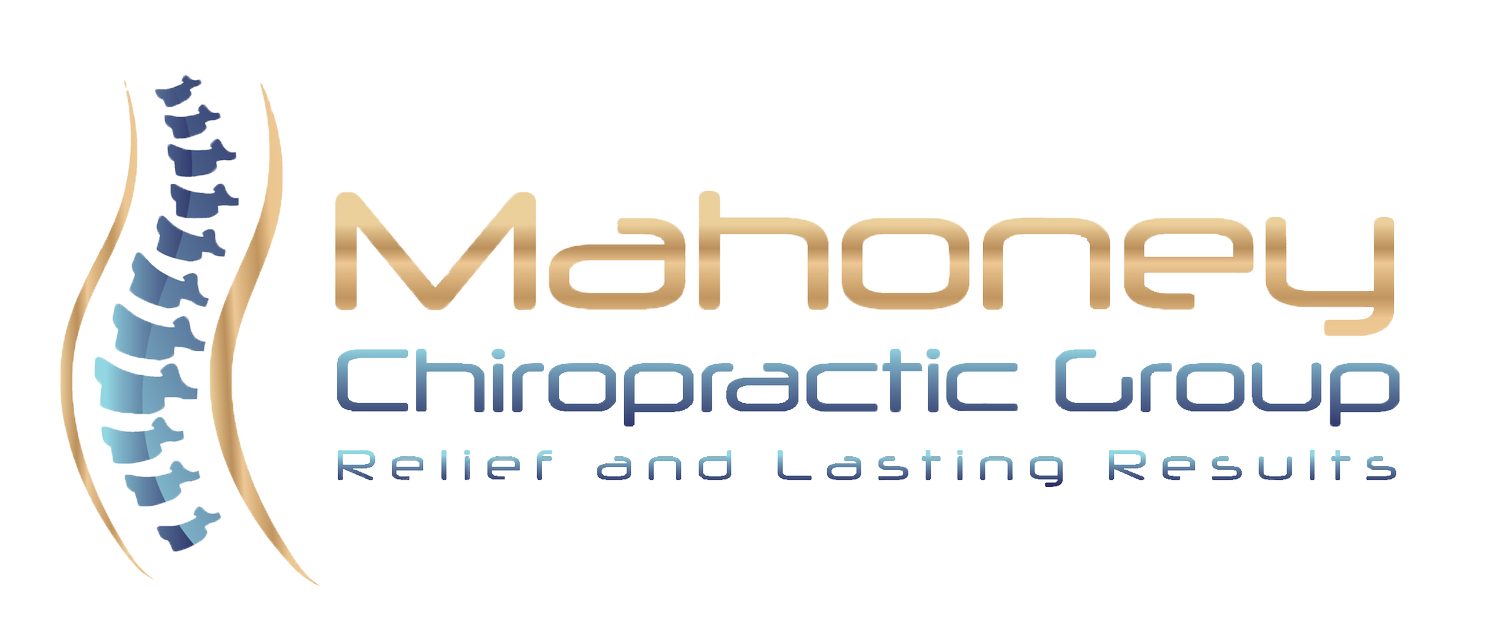
TMJ Dysfunction
Understanding TMJ Dysfunction
Temporomandibular Joint (TMJ) dysfunction can significantly impact your daily life, making simple actions like talking, chewing, and yawning uncomfortable or painful. The TMJ acts like a sliding hinge, connecting your jawbone to your skull. When this joint isn't working correctly, it can lead to a range of disruptive symptoms.
Common Symptoms of TMJ Dysfunction
Jaw Pain or Soreness: This can range from a dull ache to sharp, intense pain in the jaw joint itself or the muscles surrounding it.
Clicking or Popping Sounds: You may hear these sounds when you open or close your mouth. While clicking or popping alone may not indicate dysfunction, if accompanied by pain or limited movement, it's worth investigating.
Headaches: TMJ issues are a frequent cause of headaches, particularly tension headaches around the temples or behind the eyes.
Earaches: Pain in or around the ear, often mistaken for an ear infection, can be referred pain from the TMJ.
Difficulty Chewing: You might experience pain when chewing, or find it hard to open your mouth wide enough to eat comfortably.
Neck & Shoulder Pain: The muscles in your neck and shoulders are intricately connected to your jaw. When you have TMJ dysfunction, these muscles can become strained, tense, and painful.
Common Causes of TMJ Dysfunction
TMJ dysfunction can stem from various factors, including:
Bruxism (Teeth Grinding and Clenching): This common habit, often done unconsciously, especially during sleep, puts significant stress on the TMJ and surrounding muscles.
Muscle Stress and Tension: Chronic stress can lead to muscle tension throughout the body, including the jaw and neck, contributing to TMJ problems.
Dental Issues: Misaligned teeth, missing teeth, or an improper bite can lead to dysfunction.
Poor Posture: Poor posture (ex. Forward Head Posture) increases strain in the neck, shoulders and jaw and can alter jaw mechanics.
Jaw Injury: A direct injury to the jaw, such as a blow or whiplash, can injure the joint and surrounding tissues.
Arthritis: Degenerative conditions like osteoarthritis can affect the TMJ itself, leading to pain and limited mobility.
Chiropractic Care for TMJ Dysfunction
Chiropractic care offers a non-invasive, drug-free approach to addressing TMJ dysfunction. Our office utilizes a multi-pronged strategy designed to provide relief and promote healing for those suffering from TMJ-related issues. We focus on restoring proper joint mechanics, reducing muscle tension, and improving overall nervous system function to help improve your symptoms and enhance your quality of life.
Our comprehensive approach for TMJ Dysfunction consists of:
Chiropractic Adjustments: Gentle chiropractic adjustments of the jaw and neck can help improve function of the TMJ as well as decrease stress on the surrounding muscles and nerves.
Class IV Laser Therapy: A cutting-edge treatment that utilizes high-powered light wavelengths to deeply penetrate tissues, reducing inflammation, alleviating pain, relaxing tense muscles, and enhancing your body's natural healing processes to restore comfortable jaw mobility.
Soft Tissue Therapy: Soft tissue therapy helps relax the muscles of the neck and jaw and release tension.
Postural Correction: Our chiropractors address postural changes specific to you, to reduce strain on the neck and TMJ.
Experience TMJ Relief Today
Ready to see if chiropractic care can help with your TMJ symptoms? Book your consultation with one of our experienced chiropractors online today, or give our team a call to schedule your visit!
Meet the team
Our Chiropractors are here to help you on your health journey. Meet our team before you arrive into the practice.
Our Office

Get back to your life with chiropractic care
We are here to help you get relief and lasting results naturally

